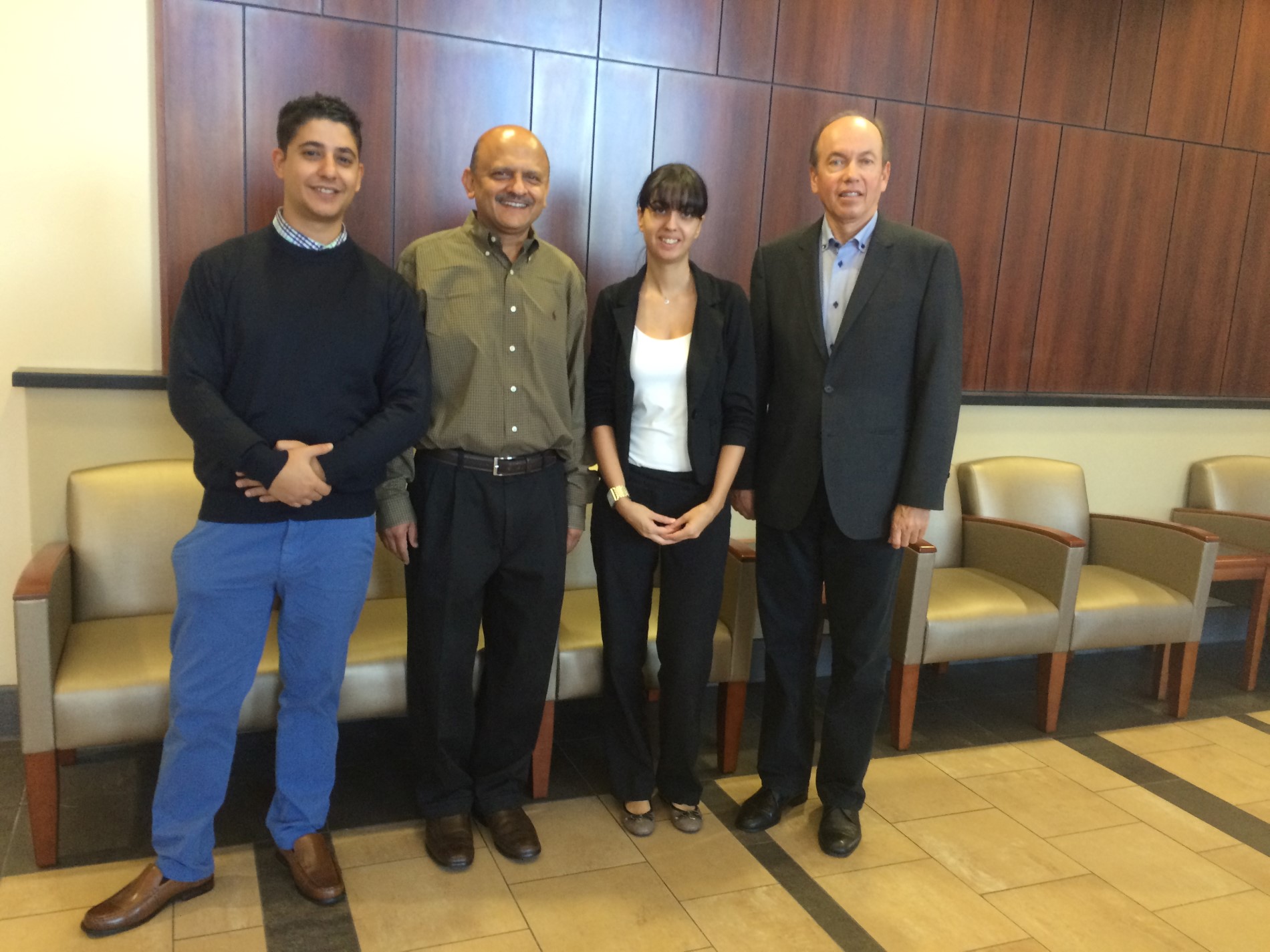UTASiMo
UTASiMo is working to make simulation modeling—and all its benefits—more accessible
Simulation modeling—the process of creating and analyzing a digital representation of a physical model in an effort to predict real world performance outcomes— has been used across many industries with significant success. The challenge, however, is that simulation models require time, experience, and programming knowledge to construct.
UCF I-Corps team UTASiMo is working to address these challenges. Under the guidance of the team’s Academic Lead, Waldemar Karwowski, Ph.D., UCF Industrial Engineering and Management Systems, Anastasia Angelopoulou and Konstantinos Mykoniatis—serving as the team’s Entrepreneurial Leads—are proposing to develop technology that provides faster and easier construction of simulation models for analysis of human tasks in a work environment. Rounding out the UTASiMo team are industry veterans and team Mentors Dylan Schmorrow and Deepak Mohan.
“We’re developing a software tool that will provide people who don’t necessarily have programming or modeling expertise with the opportunity to quickly and easily construct simulation models—allowing them to benefit from the data that can be gained and the predictions that can be made from these models,” said Angelopoulou. “We’re helping to make simulation modeling, and its benefits, more accessible.”
The team is working to develop a simulation-based tool that allows for fast, easy and automated construction of simulation models from a database. The tool retrieves information from the database and automatically constructs and simulates models in various domains, such as healthcare, defense and industrial. The output of the tool includes estimation execution times for human tasks, human operator workload calculation and prediction of human error probability.
A few examples of the work environments where the tool could be used include emergency departments where medical staff, rooms and wait times could be more closely analyzed to create improved efficiencies, movie theaters where customer service personnel could be re-assigned more quickly to respond to ticket sales and concession fluctuations, manufacturing facilities to predict performance gain in terms of throughput and on-time delivery prior to investing in a new machine, and power plants in order to identify the system design with the lowest error probabilities, workload and task execution times.
“Our participation in the I-Corps program has provided our team with significant insight into the potential market,” said Angelopoulou. “We originally anticipated that our target would be small-sized businesses, but we learned through the I-Corps process that there also is a real opportunity with large corporations. We now have improved insights into market segmentation.”



